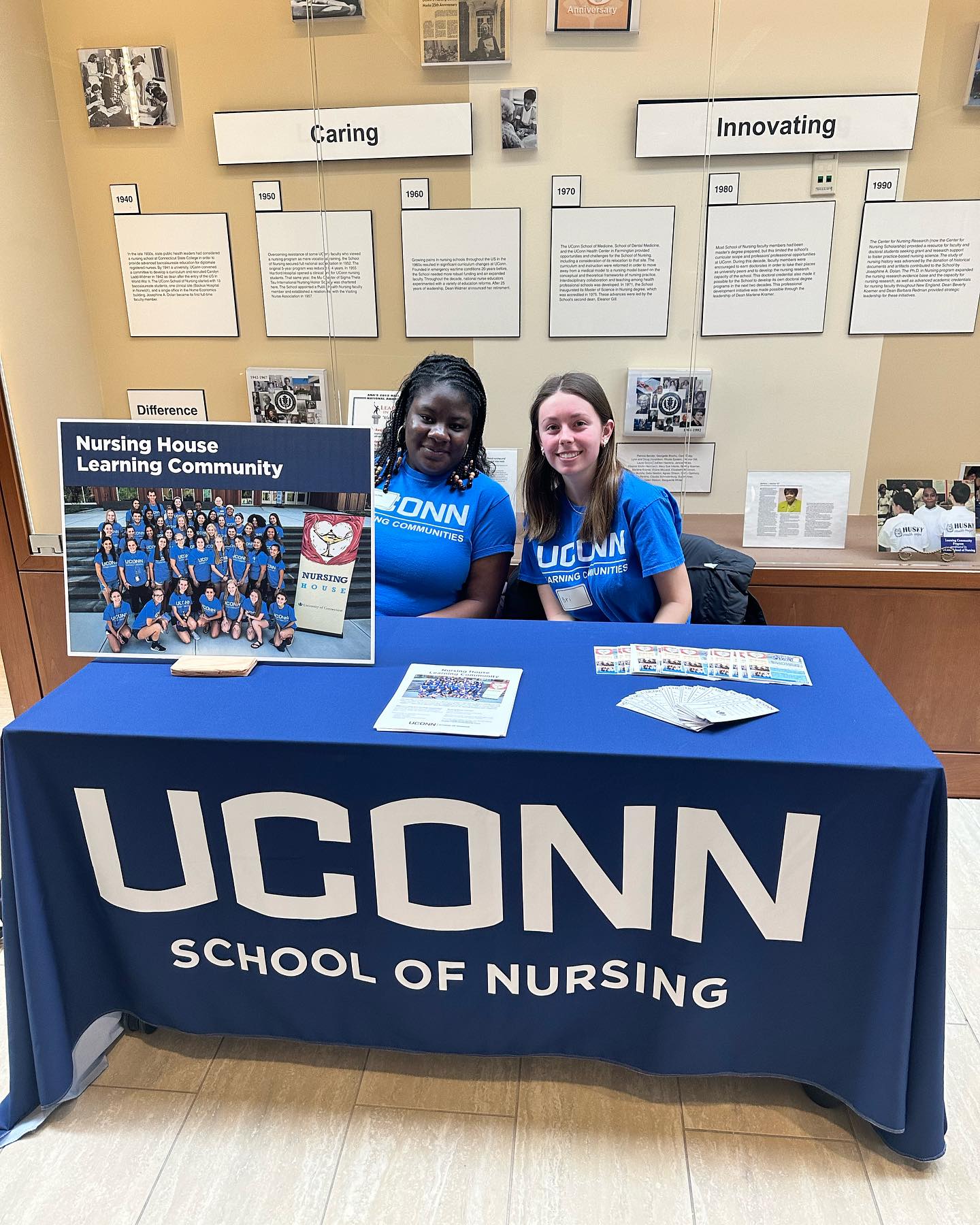Normal bacteria that aid in digestion play a vital role in keeping the intestinal lining intact, according to research conducted by scientists at UConn Health and the Albert Einstein College of Medicine of Yeshiva University. The findings, reported online in the journal Immunity, could yield new therapies for inflammatory bowel disease (IBD) and a wide range of other disorders.
The research involved the intestinal microbiome, which contains some 100 trillion bacteria. The role of these microorganisms in promoting or preventing disease is a major emerging field of study. The scientists found that absorption of a specific bacterial byproduct is crucial for maintaining the integrity of the intestinal epithelium—the single-cell layer responsible for keeping intestinal bacteria and their toxins inside the gut and away from the rest of the body. Breaching of the intact intestinal epithelium is associated with a number of diseases.
“Intestinal bacteria secrete a wide variety of chemicals known as metabolites,” said Dr. Sridhar Mani, professor of medicine and of genetics, attending physician, oncology at Montefiore Medical Center, and co-corresponding author of the paper. “These bacteria and their metabolites were known to influence the intestinal epithelium’s integrity, but precisely how they did so wasn’t known.”
The researchers suspected that bacterial metabolites exert their influence by binding to and activating a protein in the nuclei of intestinal epithelial cells called the pregnane X receptor (PXR). PXR was known to be activated by chemicals within the body (such as bile acids) as well as by drugs including steroids and antibiotics.

In a series of mouse studies, the researchers found that a metabolite called indole 3-propionic acid (IPA)—produced exclusively by so-called commensal bacteria, which aid in digestion—both strengthens the intestinal epithelium’s barrier function and prevents its inflammation by activating PXR. More specifically, PXR activation suppresses production of an inflammatory protein called tumor necrosis factor alpha (TNF-α) while increasing levels of a protein that strengthens the junctions between adjacent intestinal epithelial cells.
“We used cutting edge in-vivo imaging techniques in live animals to unmistakably demonstrate the critical role PXR plays in maintaining intestinal tissue integrity and immune homeostasis,” said Kamal Khanna, co-corresponding author and assistant professor in the Department of Immunology at UConn Health. “Now we are poised to determine how this important receptor functions to suppress dangerous inflammation and prevent gut tissue damage in the event of an intestinal pathogen infection.”
“By adding probiotics in the form of IPA-producing bacteria to the intestine or by administering IPA directly, we may be able to prevent or treat IBD and other inflammatory disorders that occur when the intestinal epithelium has been compromised,” said Mani. “Such a strategy could also be tried for other health problems that may occur when the intestinal epithelium breaks down, including certain forms of liver disease, diabetes, asthma, allergies, obesity and heart disease.”
The researchers are now developing novel probiotics aimed at restoring the intestinal epithelium’s barrier function by encouraging IPA’s interaction with PXR.
The paper, titled “Symbiotic Bacterial Metabolites Regulate Gastrointestinal Barrier Function via the Xenobiotic Sensor PXR and Toll-like Receptor 4,” was published online in Immunity on July 24, 2014.
Other UConn Health authors are Alaxandre Bénéchet, M.S, Zhijuan Qiu, M.S, Leigh Maher, M.S. Einstein authors are Madhukumar Venkatesh, Ph.D,, Subhajit Mukherjee, M.S., Hongwei Wang, Ph.D., and Hao Li, Ph.D. Other co-authors included Katherine Sun, M.D., Ph.D., at Einstein and Montefiore, Matthew Redinbo, Ph.D. at University of North Carolina at Chapel Hill, Robert Phillips, Ph.D., at University of Georgia, James Fleet, Ph.D., at Purdue University, Sandhya Kortagere, Ph.D., at Drexel University College of Medicine, Alessio Fasano, M.D., at MassGeneral Hospital for Children, Marc Dumas, Ph.D., Jessica Le Ven Ph.D., Pharm D, Jeremy Nicholson, Ph.D., all at Imperial College London.
The research was supported by National Institutes of Health grants CA127231, CA161879 and Damon Runyon Foundation Clinical Investigator Award (CI 1502) P30CA013330 to S.Mani. National Institute of Health grant AI097375 and by institutional support funds from UConn Health to K.M.Khanna.
The authors report no conflicts of interest.


